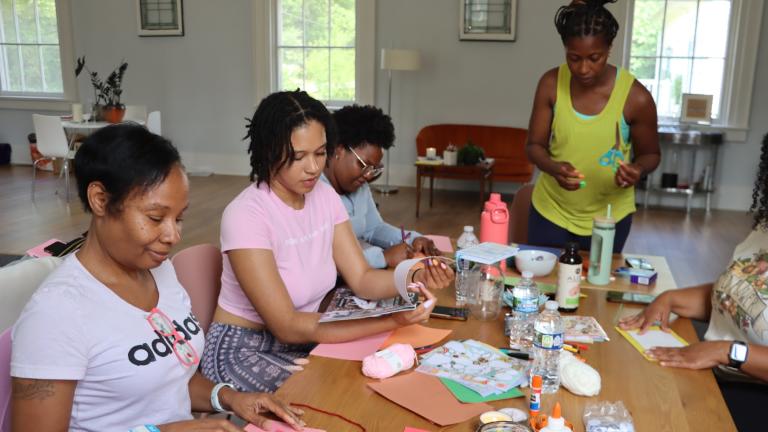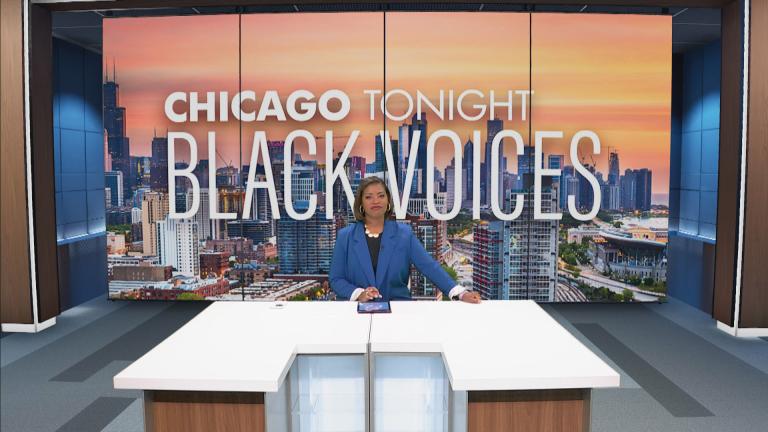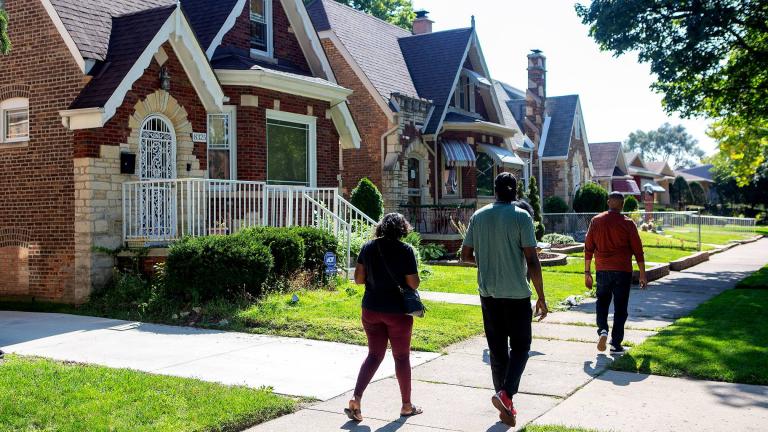When Martin Luther King Jr. came to Chicago in 1965, his mission was to end the slum housing conditions that many Black residents were forced to live in. For 17 months, he fought with boycotts, rallies and marches — a campaign that ultimately contributed to the passage of the Fair Housing Act in 1968, not long after his assassination.
More than five decades later, however, housing advocates say Chicago still is struggling to provide adequate and affordable housing to all of its residents.
Abraham Lacy, president and CEO of the Far South Community Development Corporation, said the city’s approach to building housing has shifted since the days of King’s campaign.
“Affordable housing is still in crisis, especially in Black and brown communities,” Lacy said. “We are still 150,000 units short of affordable housing. It seems like now there's more effort to build in affluent areas. … Fifty years ago, about 70% of the housing developments were built for working-class families. Now contrast that for today, it's now only 8% because we're only building in areas where mostly affluent [people are] living right now.”
JoAnn Kenner is the president of London Towne Houses, a cooperative housing development on the South Side that was built not long after King was in Chicago. She said that at the time, finding attractive, well-built housing that she and her husband could afford as newlyweds was “a breath of fresh air.”
“Redlining was taking place,” Kenner said. “You had a specific area that Black people could live in on the South or the West Side. Many of the neighborhoods that we can live in now were not available to us. … I didn't understand cooperative housing at that time. It was just really a nice place to get started with.”
Kenner and her husband remained at London Towne and raised their daughter there. Kenner said cooperative housing is an underutilized option for people looking for something they can afford.
“We call it having a house without the hassle,” Kenner said. “We're not for profit. Our mission statement is to provide attractive and affordable housing to low- and moderate-income families and whatever constitutes a family these days. … So our members buy a share into the corporation. And as a member of the corporation, they have a say in the governance and the running of cooperative.”
In her work at Lawndale Christian Legal Center, director of holistic social services Robin Moore helps young, formerly incarcerated men rebuild their lives. That includes finding housing.
“Being justice involved, you're already dealing with your criminal records, your background,” Moore said. “For many landlords, it becomes a fear to house those coming out of the justice system. It just adds to the barriers for them to be able to access housing.”
Moore said everyone in the city has a stake in making sure housing is available to all.
“When you're without housing, definitely you're dealing with those mental stressors that you otherwise would not have,” Moore said. “There’s nothing like seeing a young man … who's out of the system, walk into their first apartment and be given the keys to that apartment. Because what it does is, it literally changes the trajectory of their life and the direction that they're headed in.”
While he acknowledged the challenges city government faces in getting more housing built, Lacy said the city’s future depends on making it a place where people of all income levels can comfortably live.
“These are decades of issues that you have to sort of unravel,” Lacy said. “But I can still say that it’s still challenging to get affordable housing done, as opposed to what people, what the other sort of style of housing on the North Side — it is still very challenging. But it's worth the sort of risk to do it. Because when we're decimating our communities out of affordable housing, you start to lose amenities in the neighborhood, we start to lose density. We lost an entire ward because of the lack of population, because we don't have adequate housing. … When you don't focus on those things, then the community's going to start collapsing.”








